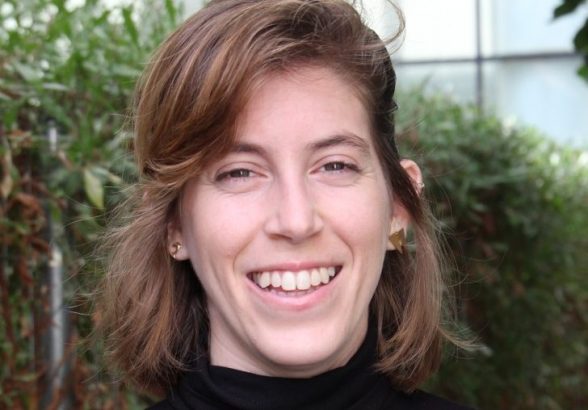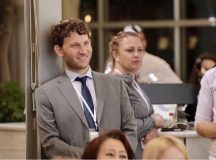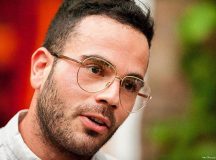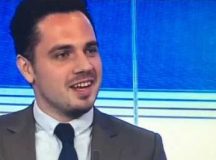Tel Aviv Widrich is director of operations for Darkenu.
Meaningful change in Israel, though desired by the moderate majority, faces three barriers.
First, we have become a polarised and hyper-partisan country.
There are stark divisions between Left and Right, Jew and Arab, black and white, sacred and profane, and more. People’s values then too often become subordinate to the partisan battles. That which should be defended by all sides, such as the rule of law, often becomes a partisan issue. For example, many political-minded groups in Israeli society do not join the battle against corruption because it is led by left-leaning groups. This is absurd, as corruption clearly hurts everyone. It is not surprising then, that we are also poor at talking as a society about trade-offs: LGBTQ rights or a unified school curriculum for religious and secular Jews? Welfare or border security?
The people who gain most from this partisan discourse are the extremists. They do not represent the majority of the country but their confident simplicities too often silence the moderate voices who wrestle with how to align our values and the true complexity of the situation. Moderates are left ‘in the political closet’; in retreat from political participation and unwilling to enter the public square.
I do not wish to live in a silenced discourse.
Second, let’s face it, Israel is crushed under this cloud of national security.
Some of this is what the threats we face have done to us. The dominance of the security discourse in Israel is clear to all and it is present everywhere, from politics to culture, sports to dining room table talk. Critical issues such as education and welfare are pushed aside and so, sometimes, are our basic values. It isn’t just that there are – like many other societies – pay gaps between men and women or that women are underrepresented in the Knesset. It is also that there is a general lack of a feminine tone in most conversations. And it is one reason why the personal so quickly becomes a discourse of the political, the partisan and the zero-sum here in Israel.
I do not wish to live in an angry, aggressive, ‘winner takes all’ discourse.
Third, we risk the Israel our grandparents built.
So many citizens want a Jewish and democratic state, but this possibility will disappear if we annex the West Bank. Annexation will lead to a dark new reality, with a smaller Jewish majority in the Land of Israel and a Palestinian minority with no national rights.
I do not want to live in that inhumane and undemocratic reality.
The Israel I long for
In the Israel I long for, ‘Shalom,’ peace, would once again be a cherished word, not a bad word.
In the Israel I long for, politicians would not turn social issues into political wedge issues, complete with divisive rhetoric for their base. Instead they would work together to improve things for all.
In the Israel I long for, education would be inclusive, instilling universal values from a young age.
In the Israel I long for, Israeli society would engage in deep mutual recognition and by talking to each other, discover that in their great majority they share moderate values.
In the Israel I long for, the moderate majority would refuse to give up on a diplomatic agreement with the Palestinians, find their voice, and help drive a new peace agenda that is heard by the political elite.
Our grassroots movement, called ‘Darkenu,’ works to bring this Israel about. We speak to people from different political camps all over Israel. We find Israelis, more often than not, share the same values and goals. We try to build bridges across the divides. We are grassroots movement and we are growing.






































